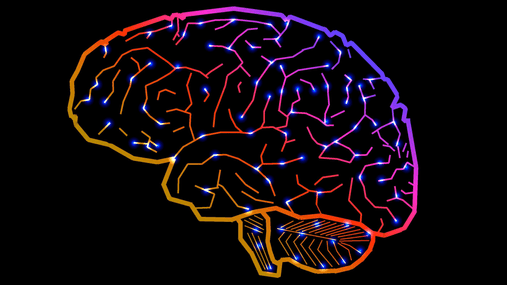PhD candidate
Research group | CINPLA
Main supervisor | Marianne Fyhn
Co-supervisor | Anders Malthe-Sørenssen
Affiliation | Department of Biosciences, UiO
Contact | frederik.rogge@ibv.uio.no
Short bio
I did both my bachelor's and master's degree in mechatronics with a focus on robotics and intelligent systems. During my master's program, I developed an interest in AI and especially deep learning and reinforcement learning. I finished with a thesis on unsupervised methods for anomaly detection in brain MRI. Here, I studied how unsupervised training of autoencoders can be used for the detection of different anomalies in human brains. During my PhD, I will be working with large-scale neural recordings of mice and use different computational methods to better understand important mechanisms of learning and memory. Moreover, I am seeking to combine the fields of neuroscience and AI to gain new insights into intelligence in general.
Research interests and hobbies
I am interested in understanding the core concepts of learning and memory in both biological and artificial systems. In my free time, I enjoy hiking, skiing, going to the gym and exploring new places.
CompSci project

Large-scale recordings of neurons to reveal mechanisms of learning and memory
The ability to form and store memories is essential to define one-self, relate to others and to make decisions based on previous experiences. Encoding, consolidation and storage of memories cross many time scales from millisecond precision to long-term memories and are performed by an intermingled network of inhibitory and excitatory neurons. How these processes are synchronized and how neuron representations change over time are not known. In our laboratory, we use novel large-scale recording techniques to simultaneously record from hundreds to several thousand neurons in behaving rodents.
The data obtained holds unprecedented temporal and spatial resolution enabling deciphering population dynamics. However, with increasing complexity and high dimensionality of inputs, single neuron responses become meaningless and population responses are necessary to understand underlying computations. This calls for novel analysis tools integrating models into the analyses to predict neural responses and thereby find novel representations.
In this project, the candidate will join an interdisciplinary team of experimental and computational experts to decipher neural fingerprints of memory processing. With a computational proficiency, the candidate will analyse data and develop and explore theoretical models to generate predictions that will be tested in the laboratory. Lack of knowledge of contributing elements to memory processing often limits the biological relevance of theoretical models. Here, the experimental data will give unprecedented resolution which will be directly explored in the models. This close and integrated experimental and computational approach will give an unique opportunity for deep insight into brain function.
The project include collaborations with leading groups at Harvard University and the University of California San Diego.
Publications
CompSci publications
None yet.
Previous publications
None yet.

